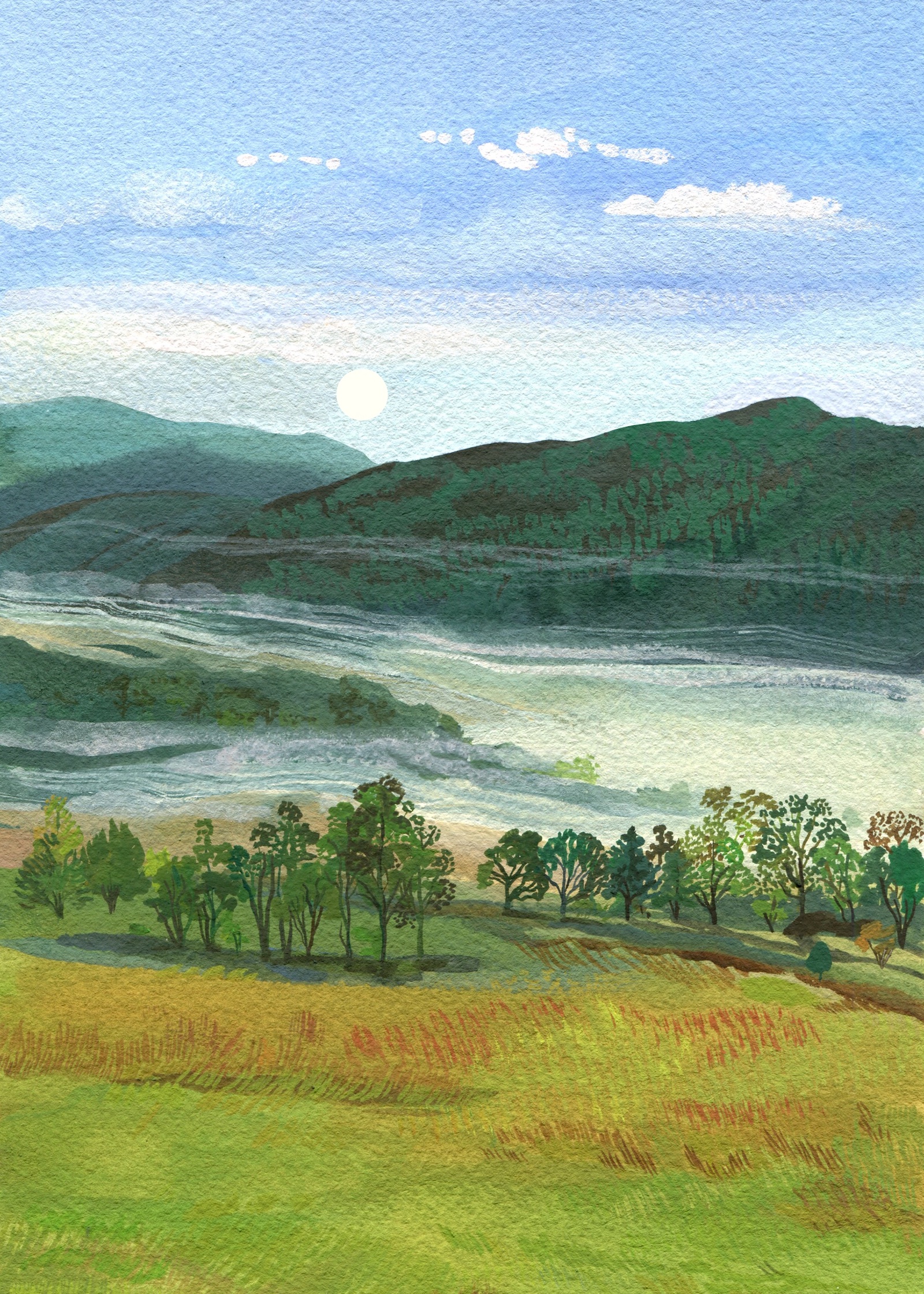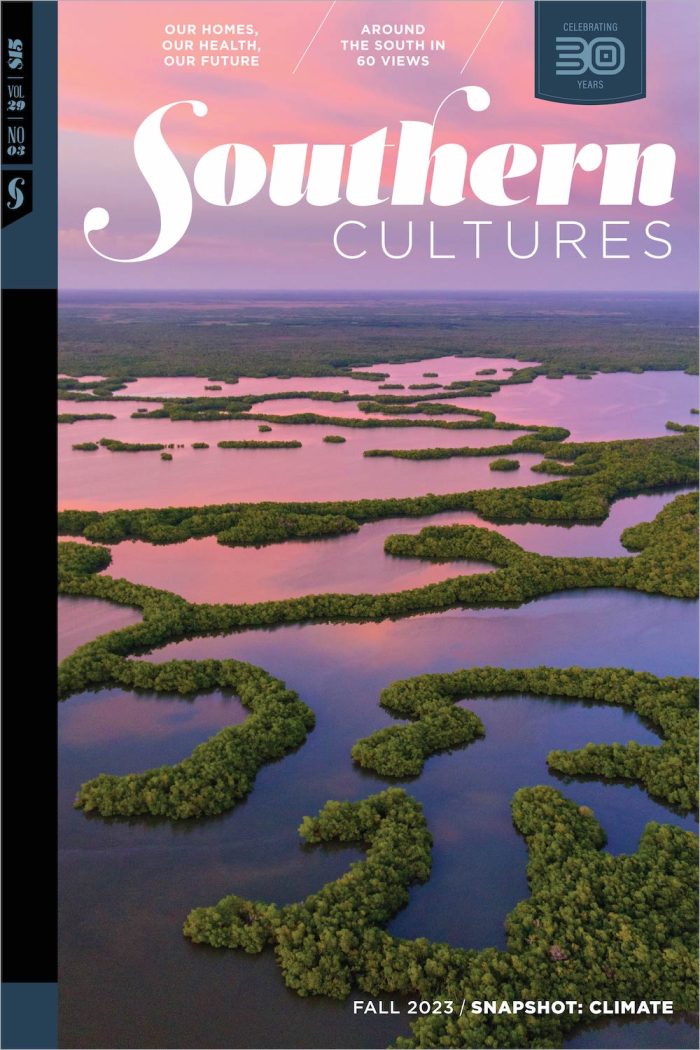I misspent my youth wandering the mountains of eastern Tennessee and western North Carolina, spending as much time as I could on long camping trips into the backwoods. It was there that I found where my internal compass pointed, namely, toward a longing to understand how the earth and its environment worked, why and how it seemed to seamlessly function amid a bewildering array of interacting parts.
That desire to study the earth took me through a college degree in chemistry and a graduate degree in geochemistry. As I was finishing my doctorate, I made a conscious decision to focus my research career on climate change and greenhouse gases. Thinking that it was good to tackle a subject that had clear societal impact, which scratched my itch to serve society in some way, while also thinking that we would likely have a policy solution to this problem within a few decades, which scratched another itch to transition fields later in my career and thus stay fresh, I launched into a career looking back in time at the dynamics of our earth’s climate using ice cores from Greenland and Antarctica.

Reflecting on that time, I’d say I got one thing right, one thing wrong, and kind of miscalculated on another. The thing I got right is that climate change has clear societal impact. I’m not sure I appreciated then how much would shift in my lifetime, but it’s been unmistakably clear that climate is now changing, and the impacts are substantial and growing. I got it very wrong when I thought that we would have a policy solution by now, or even a decade or two ago, but that I chalk up to the naivete of natural scientists when they don’t pay enough attention to the social sciences and the humanities. Humans are causing change, and humans must fix that, and our capacity to ignore the obvious and choose a destructive path at the expense of future generations requires an understanding of much more than the natural sciences. Today, we have interdisciplinary environmental degrees and a stated adherence to a liberal arts education—although we must always diligently safeguard the latter—but the importance of these were not clear to me when I was making my career choices. And, oh yes, what I miscalculated was that it is very, very cold in Greenland and in Antarctica, and after many nights sleeping in a tent in minus-30-degree temperatures, it is clear to me that I don’t really like cold weather.
I’ll end with a question that I think about more and more lately: If you could see the future, even dimly, and it was not good, would you rather remain ignorant? When I chose climate change as a field of study, I was young, single, and as I’ve confessed, rather naively optimistic. As time went by, I married and raised kids who now have kids of their own. Here’s an uncomfortable truth about climate: we live on a planet with mostly water at the surface, and that water takes decades, basically a generation, to warm up or cool off. So, what one generation does to change climate—such as add greenhouse gases to the atmosphere—the next generation must live with. As a climate scientist, I know well the scope and scale of the formidable challenges that my generation is leaving to future generations. When I play with my grandkids or spend time with my students, I occasionally ponder what their lives will be like as they deal with the impacts of the climate change that my generation caused. Those are times when I wish I didn’t know what I know.
What I do know is that until one generation is willing to forego its own short-term gains for the long-term benefit of its children, we won’t be able to address climate change.
It’s not too late for my generation. Let us be the change.
This essay was published in the Snapshot: Climate issue (vol. 29, no. 3: Fall 2023).
JAMES W. C. WHITE is the inaugural Craver Family Dean of the College of Arts and Sciences at the University of North Carolina at Chapel Hill and faculty in the department of earth, marine, and environmental sciences. An internationally recognized researcher in climate science, he previously served as acting dean of the College of Arts and Sciences, director of the Institute of Arctic and Alpine Research, and professor in geological sciences and the environmental studies program at the University of Colorado Boulder. He was elected to the American Association for the Advancement of Science in 2014.
BECCA STADTLANDER is an illustrator and fine artist, inspired by the beauty of everyday objects, the comforts of home, and the lush colors and landscapes of far-off places. She attended the Maryland Institute College of Art and currently lives and works in her hometown of Covington, Kentucky. Her work is featured in children’s and adult books, editorial publications, stationery, home decor products, and book covers.


